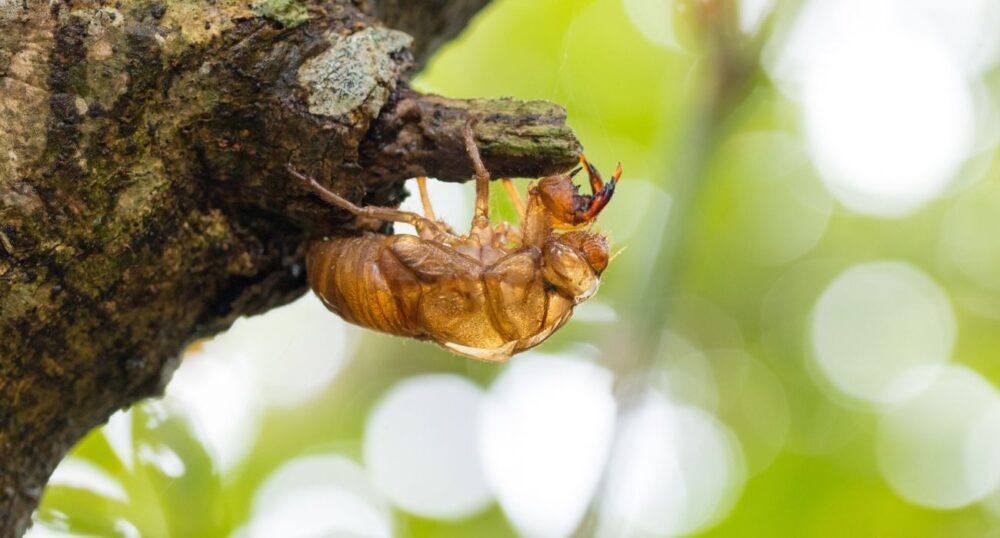A new kind of buzz unseen for centuries is set to arrive this spring.
Trillions of cicadas are expected to emerge later this spring across some of the United States.
Scientists expect Brood XIX, the “Great Southern Brood” of cicadas, to co-emerge with Brood XIII, the “Northern Illinois Brood,” across the midwestern and southeastern United States, starting in north-central Illinois. Brood XIX typically emerges every 13 years, while Brood XIII emerges every 17 years, according to the University of Connecticut.
This year’s emergence will be the first time since 1998 that “adjacent” broods of these frequencies emerge in the same year and the first time since 1803 that Brood XIX and XIII will co-emerge. Co-emergence of any pair of broods at different life cycles occurs every 221 years.
While the exact number of cicadas emerging across associated states is unknown, scientists estimate that this year’s numbers will be in the trillions. John Cooley, an expert on the matter with the University of Connecticut, calls this year’s co-emergence a “cicada-geddon,” according to WFAA.
“We’ve got trillions of these amazing living organisms come out of the Earth, climb up on trees and it’s just a unique experience, a sight to behold,” said Saad Bhamla, a biophysicist with the Georgia Institute of Technology, according to WFAA. “It’s like an entire alien species living underneath our feet and then some prime number years they come out to say hello.”
Despite the potentially large number of cicadas expected this year, scientists do not anticipate the breeds will overlap to “any significant extent” and do not expect density in affected areas to increase beyond normal levels. Contrary to the noisy nature of cicadas, scientists expect the co-emergence to be “subtle.”
Some people are excited at the prospect of the co-emergence
T.J. Rauls, a resident of Macon, Georgia, discovered a cicada while planting roses and holly, naming the insect “Bobby.”
“I think it will be an exciting thing,” said Rauls, per WFAA. “It will be bewildering with all their noises.”

